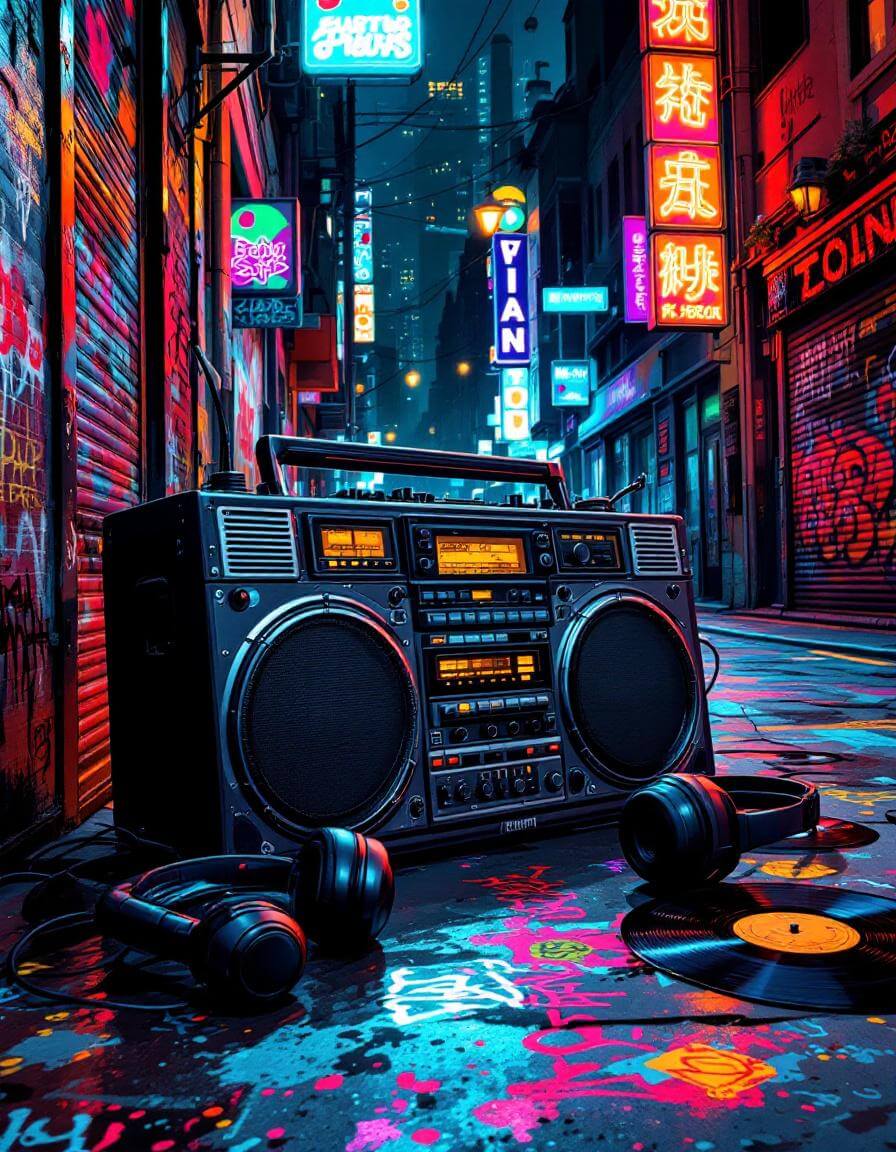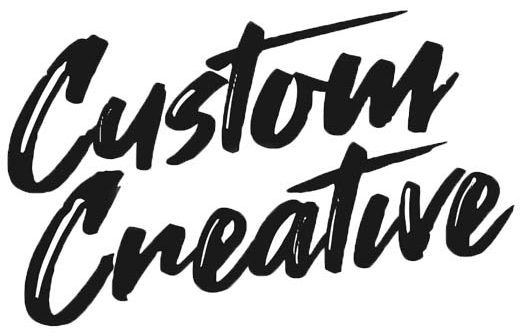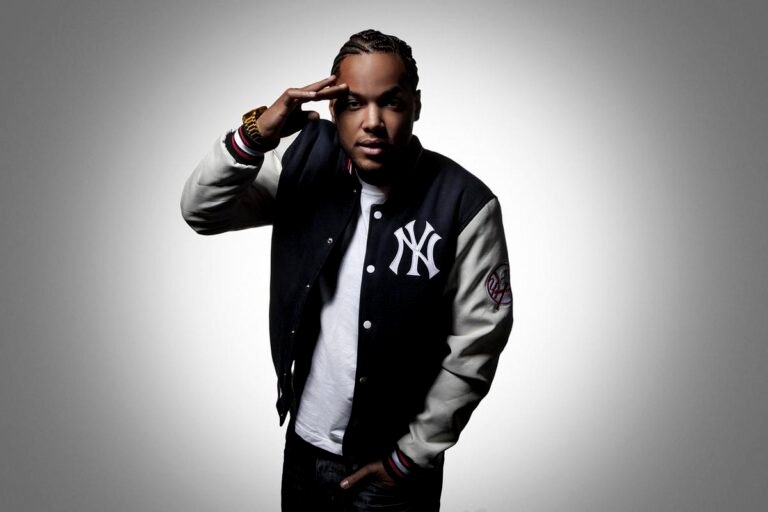Indie Hip-Hop Artists Stage Powerful Label-Free Comebacks and Dominate Streaming in 2025
In the early 2000s, landing a contract with a major record company represented the highest achievement for hip-hop artists. By 2025, that ideal has shifted significantly. Many of the most daring and innovative rappers are opting to build their careers without support from big labels. The focus now lies on full ownership of their music, creative freedom, and direct relationships with their followers—priorities that outweigh traditional backing.
Streaming platforms have created a more level competition ground. When radio held most of the power over airplay, few emerging acts earned widespread notice. Today, services like Spotify, Apple Music, and YouTube let independent artists find audiences everywhere. Campaign planning and steady output can deliver millions of plays without a huge marketing budget. As a result, musicians from every corner of the globe can compete for listeners on an equal footing.
Social media has intensified this change. A short clip posted on TikTok or Instagram can expose a new artist to a global audience overnight. Musicians use these snippets to build dedicated followings and then guide them toward full tracks, albums, or live events. Beyond public postings, many creators host private streams, build chat groups on Discord, or offer membership tiers on Patreon, giving fans exclusive content and a sense of active involvement.
Another critical digital tool for independent musicians is a virtual private network. VPN services protect online activity and enable secure sharing of unreleased tracks. They also allow artists to reach listeners in regions with strict internet rules, and they offer a layer of defense against unauthorized distribution. For those managing their own catalogs, a VPN provides valuable safeguards and broad reach without exposing raw files to unwelcome intruders.
Traditional labels still bring expertise, financial support, and access to established radio and press connections. Yet those benefits can come at a cost. Long commitments, faded royalties on early albums, and reduced say over everything from cover art to single releases are common trade-offs. Many artists now favor self-reliance, handling distribution, promotion, and rights management on their own. Look at Frank Ocean, who dropped Endless and Blonde over two days to satisfy contractual terms before stepping away.
This option demands more work. Artists now oversee recording, mixing, and manufacturing, while also managing PR, tour planning, and social campaigns. That workload can feel daunting compared with focusing purely on writing and performing. The payoff comes in the form of total control over every release, direct revenue from streaming, ticket sales, and merchandise, and the ability to retain copyright and master rights for the long term.
Listeners have begun to question where their favorite songs originate and who profits from each play or stream. They want clear accounting of royalties, transparent credits, and confirmation that their support benefits the artists directly. Fans now back those acts whose practices align with their expectations for fairness. When followers invest in an artist’s project on Patreon or purchase exclusive vinyl runs, they know their money funds future work instead of major corporate overhead.
The shift is driving a fresh model for success. Solo hip-hop artists have scored impressive streaming tallies, booked spots at festivals, and landed partnership deals with lifestyle brands. Marketers see value in collaborating with talent that speaks in a genuine voice and connects without intermediaries. This approach turns each campaign into a conversation rather than a broadcast, rewarding authenticity with loyal audiences and steady revenue streams.
In the shifting scene of 2025, independent hip-hop stars prove that a thriving career does not require signing away creative rights. By blending smart planning, community building, and unfiltered artistic vision, they reach broad audiences and keep full ownership of their art. No label execs calling the shots. No watered-down messaging. Just straight-up music for listeners who demand honesty and real engagement. The movement continues to grow.
🎧 Never Miss a Drop
Exclusive product releases, hip-hop deep dives, and member-only discounts. Straight to your inbox.
Free forever. No spam. Unsubscribe anytime.

Get the Culture, Delivered
Deep dives into hip-hop history, exclusive product drops, and discounts sent straight to your inbox. No spam, just culture.
Join 2,000+ hip-hop heads already in the loop. Unsubscribe anytime.







